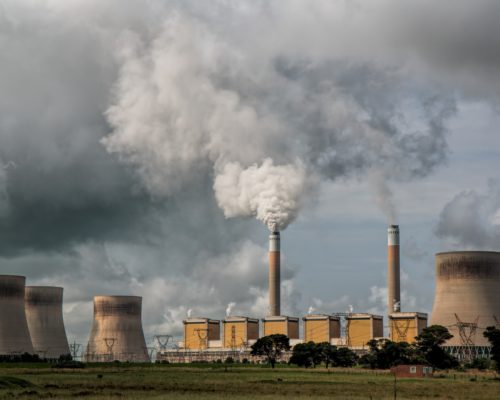Fossil Fuel

Net-Zero Emissions: Cutting Generation and Increasing Offsets
Net-zero for the world is vital. In 2021, two countries already reached this goal, with several close-to. These trends need to continue.

The West Divests While Japan Continues Financing Russian Fossil Fuels
The Russia-Ukraine war is the latest example of Japan's dependence on fossil fuels. This time, however, not sanctioning oil and gas imports will bring on greater reputational risk for Japan and its corporate sector.
LNG: The Rise of Liquefied Natural Gas
Liquid natural gas (LNG) is an energy-dense fossil fuel that produces fewer emissions than coal and oil. Many people see it as a "transition fuel" for the global energy transition causing an increase in demand over the past few years. We expect that the upcoming decade will be pivotal in defining LNG's role in the world's future energy mix.
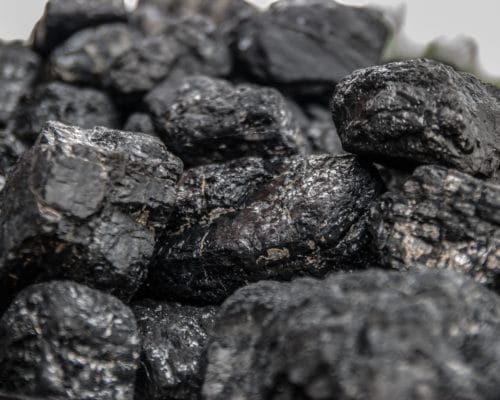
The Risks From JICA’s Involvement in the Matarbari Power Plant Project of Bangladesh
Should JICA decide to move ahead with the Matarbari Power Plant Project, it will expose itself and Japan to massive reputational and financial risks.
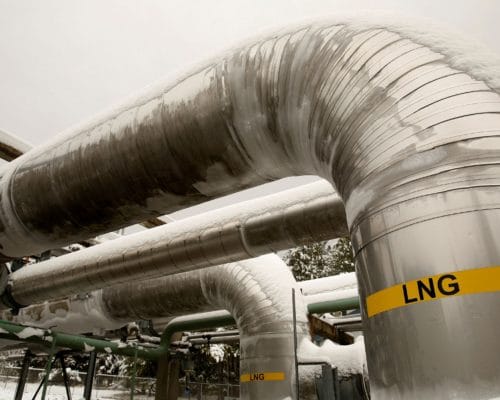
What is LNG Used for?
LNG prices saw record highs in 2021 caused by unprecedented demand. The global impacts of COVID-19 primarily drove the demand, but this appetite for natural gas may continue in the future. Natural gas is a versatile fuel source, and LNG is an effective way to transport it over long distances.

Singapore LNG Hub for Asia: What are the Plans?
Singapore has historically been a hub for petroleum in Asia, acting as a market between the east and the west. With LNG demand surging, they are hoping to play the same role for LNG.

Natural Gas in Bangladesh – Record High Prices and Imminent Climate Impacts
2021 saw record spot pricing for LNG around the world, and Bangladesh took the brunt of these costs. To prevent future impacts from price volatility, Bangladesh and other Asian nations are looking at developing local LNG infrastructure. However, considering the recent IPCC report, Bangladesh needs to rethink its approach to natural gas.
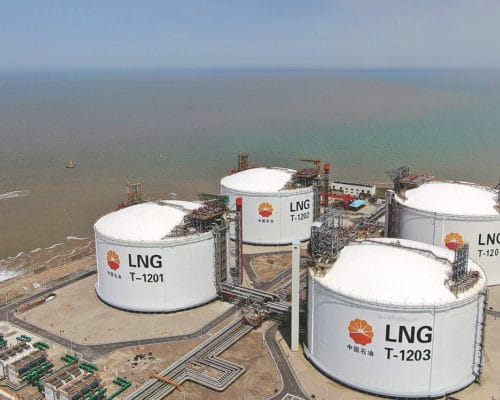
China’s Growing LNG Dependence – Is Increasing Imports the Solution?
In 2021 China became the world's largest LNG importer. This was in response to growing energy demands for economic growth, volatile energy costs, and lower than expected domestic generation. Will this be a sustainable option for China?

JERA’s Vietnam LNG Plans in the Wake of PDP8
Vietnam is undisputedly among the world's best renewable energy success stories. The country needs to continue marching towards sustainability and retain its position as a lucrative market for green investors. However, the looming boom in the local LNG market risks derailing this progress.
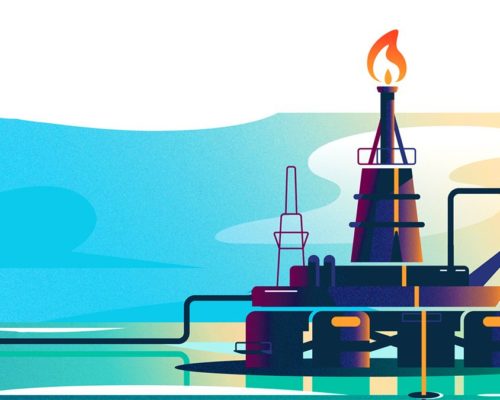
Is LNG the Fuel of the Future?
LNG is a valuable power source that can power the transition to renewable energy. Due to its versatility, it has many uses - transportation, heating, and electricity generation. We expect to see a significant increase in LNG access, consumption, and production in the coming decades.

The Global Natural Gas Pipeline Expansion Plans and Climate Impacts
The world is at an inflexion point between speeding up the renewable energy transition and locking itself in fossil fuels. The latest reports make a strong case for the latter.
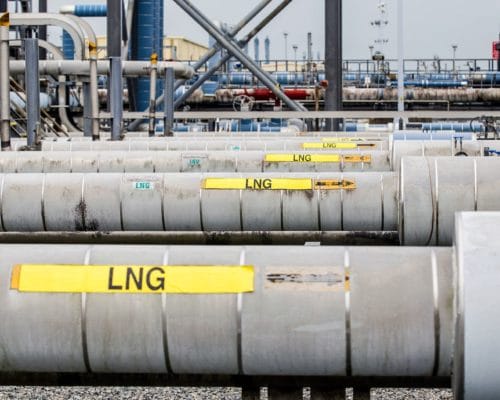
LNG Prices in 2022 Bring Stability after 2021’s Volatility
Many experts predict that LNG prices will remain relatively high throughout 2022. This comes on the heels of record breaking prices across Europe and Asia in 2021. But what is the longer term outlook?
Most Popular
Categories
-
10
-
34
-
126
-
4
-
17
-
46
-
52
-
11
-
10
-
15
-
24
-
6
-
1
-
5
-
6
-
283
-
200
-
17
-
24
-
1
-
1
-
23
-
41
-
44
-
88
-
18
-
86
-
41
-
17
-
11
-
43
-
54
-
86
-
299
-
22
-
44
-
36
-
11
-
42
-
36

